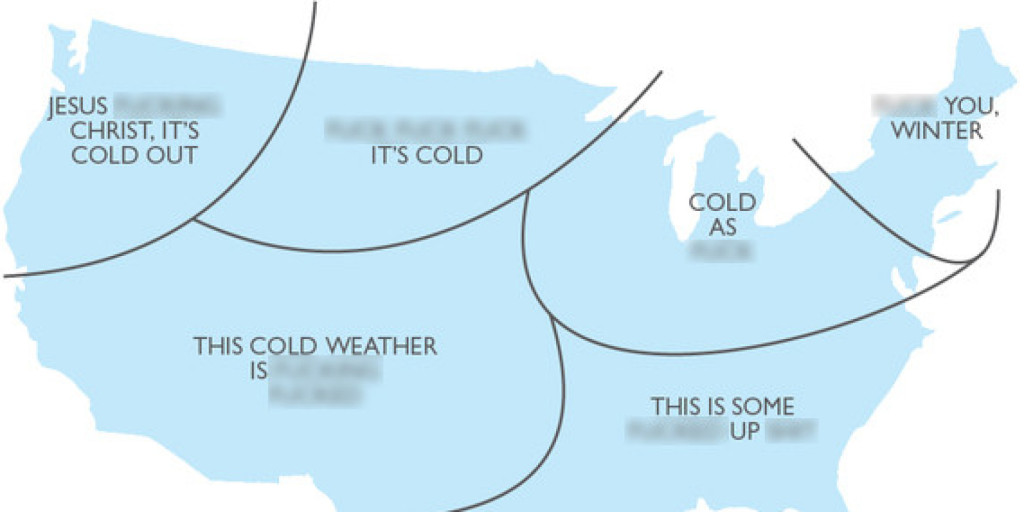FYI: I’m running another mastermind class for Portland, Oregon based businesses – signups end TODAY. RSVP here.
Last year I talked a bit about the role of bias in setting up and testing you website. I got emails with questions about this, and it’s an important topic, so I wanted to bring it up again for conversation.
Bias is where, as website owners, we fail to consider the perspective and experience of our customers before they arrive to our website. This often presents itself as making incorrect assumptions about our customers.
In my recent how to build an audience workshop, I talked about the idea of picturing your customer on a train. They’ve been to stations and stops long before they arrive at your virtual front door. It’s important to know what state of mind those folks are in, so you can show up for them in a way that meets their needs.
A Great (but Humorous) Example of Bias….
We all have to deal with the weather, and we’ve all complained about the weather at some point, so it makes for a useful teaching tool. Here in the Pacific Northwest, we had a pretty easy winter (apart from one dreadful weekend). But I’m well aware, from Facebook & most news outlets, that the rest of North America from here eastward had a downright terrible winter.
Then I saw a variety of maps playing off of this concept going around:

(I’m not sure who originally made this map – it appears to be originally by disalamanc but I may be mistaken.)
I laughed at this map, and then wrote it off as totally stupid and annoying. Why the knee jerk? It was obvious that whomever made the map was totally out of touch with the fact that our winter was not as depicted. In fact, the day I first saw this, I think it was almost 55 degrees outside, nearly 10 degrees above normal for that time of year.
So, they got the map wrong. It was a joke. What does this have to do with customer bias?
This is a silly example, but it illustrates a point that might be happening with your marketing materials and your website. All jokes aside, this map made a huge assumption about me that was wrong, which meant I disregarded the rest of the information as wrong or “not for me.”
Are you making an erroneous assumption about your customers? Here are some recent examples I’ve seen:
- A seamstress, who was failing to sell any alteration services because she assumed everyone knew a seamstress did alterations – she didn’t put it in her services menu.
- A podcaster, who had trouble selling advertising on her podcast because she assumed the pricing was too high and kept lowering it, only to later find out advertisers were afraid to tell her they hated all the swearing on the show. Even worse, the bargain basement price frightened away the few clients who were interested and didn’t mind the language issue.
- A health coach, who was frustrated that nobody was buying her high-quality recipe packs, because she assumed this was the tool they were missing for healthy eating – in fact, many of her best clients needed taught how to cook; they were all too embarrassed to tell her they didn’t know how to get started, so they just silently unsubscribed.
You might look at these examples and say, “well, those business owners are idiots – these things are obvious.” It’s obvious when you’re the customer who arrives on the website or at the business front door with biases and perspectives etched deep into you. Of course, you say… But if you’re running a website, it’s probably for a group of people who are different than you, who don’t have the knowledge/information/experience you have. You really have to get in your customer’s head and walk a mile in their shoes to market to them effectively.
Take a good look at your website and marketing materials. Better yet, observe your clients taking a good look at your website and marketing materials (easier said than done). Are you making silly assumptions that are killing your business?
FYI: I’m running another mastermind class for Portland, Oregon based businesses – signups end TODAY. RSVP here.